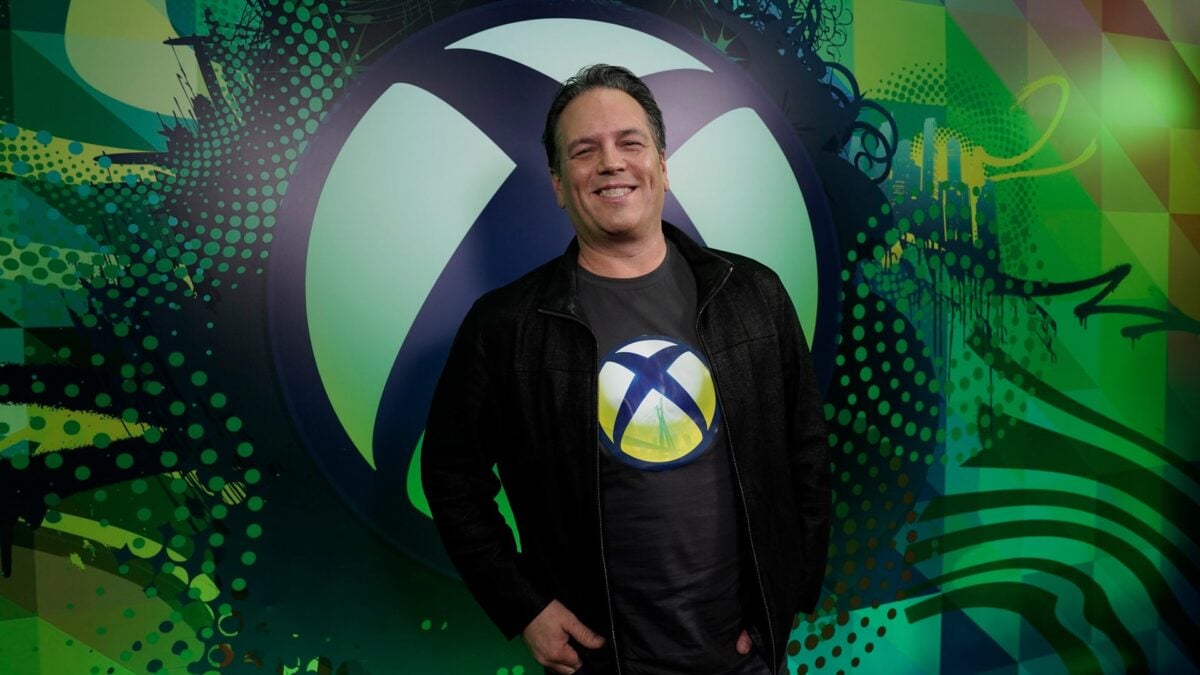
Phil Spencer Says There’s No ‘Top-Down Mandate’ To Use AI At Xbox
The AI arms race is currently eating up hundreds of billions of dollars in investment as companies compete over a technology whose exact benefits are still far from clear. Microsoft is at the center of that fight. How is the head of Microsoft gaming thinking about fitting AI into development? “Our AI use today is much more operational than it is in the creative space,” Phil Spencer said during a recent panel discussion.
As reported by IGN, he was speaking at the Paley International Council Summit in Palo Alto, California on the topic of “Big Ideas, Small Games: Creativity Beyond the Blockbuster” with Double Fine studio head Tim Schafer following the release of Keeper. Microsoft has been pushing AI into all of its products and CEO Satya Nadella has bragged about relying on multiple AI assistants throughout the day to run one of the biggest tech firms in the world.
But it’s less clear how those tools are being used by rank-and-file employees within the company, especially on the gaming side. According to Spencer, Microsoft gaming’s biggest deployment of AI technology right now is in its platform moderation tools. The company announced last year that it’s been using AI tools to help flag and intercept offensive or spam-related communications on Xbox.
“So we have AI that we use to make sure that the conversation and topics that are happening, and for protected child accounts and other things and who gets to talk to those accounts to those people, is locked down by parents or guardians who are setting those controls,” he said during yesterday’s panel. “That’s our primary use of AI inside of our organization today, which maybe isn’t the most glamorous use of AI, but it’s something that I fundamentally believe in.”
When it comes to other applications on the player-facing front, Spencer suggested AI could also help with one of the biggest challenges in gaming right now: game discovery and curation. “It’s not in practice today, but is there a way for us to use discovery based on things that you’ve done in the past to surface the next thing that you might not know about that might be interesting to you?” he speculated.
When it comes to game development, however, Spencer seemed to downplay any significant use of AI tools when it comes to things like creating concept art, programming code, or scripting dialogue. “On the creative side, I really leave it up to the teams,” the executive said. “I have found that creative teams will use tools that make their job easier when it makes their job easier, and any top-down mandate that ‘Thou must use a certain tool’…is not really a path to success. I look at the teams, and we make tools available, and I kind of let it organically percolate.”
He continued,
On the production side, which I think is where a lot of people go…we don’t have any goals in our model for that to happen. I think more about the pace of creativity, maybe the number of things we can try and take risks on before we decide on our next opportunity. But our AI use today is much more operational than it is in the creative space.
That’s a far cry from the promises that some gaming company executives are making about how AI can help them drastically cut costs and ship games more quickly and efficiently. Last year, EA CEO Andrew Wilson said AI was at “the very core” of the Madden and Battlefield publisher’s business. That company is now reportedly banking on an AI revolution to help it service a new $20 billion loan as part of a private equity buyout led by Saudi Arabia.
First Appeared on
Source link






